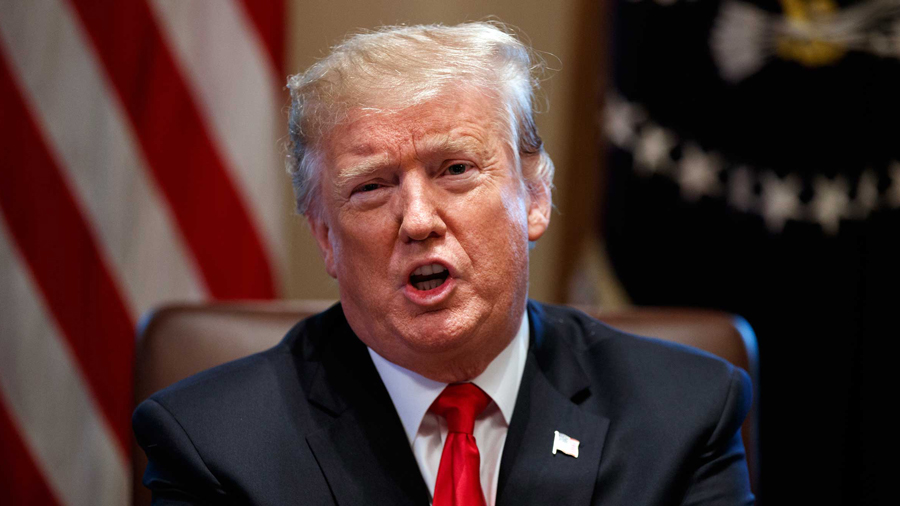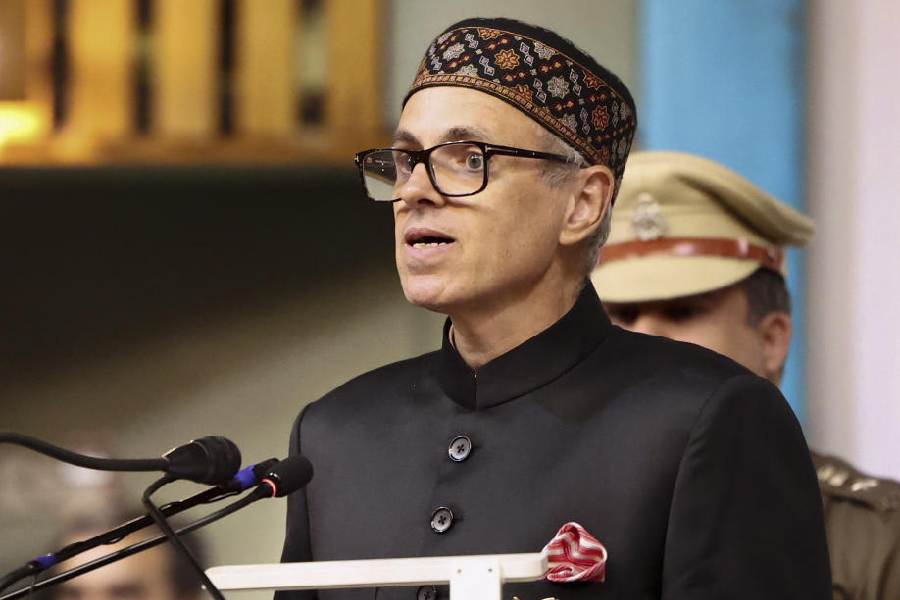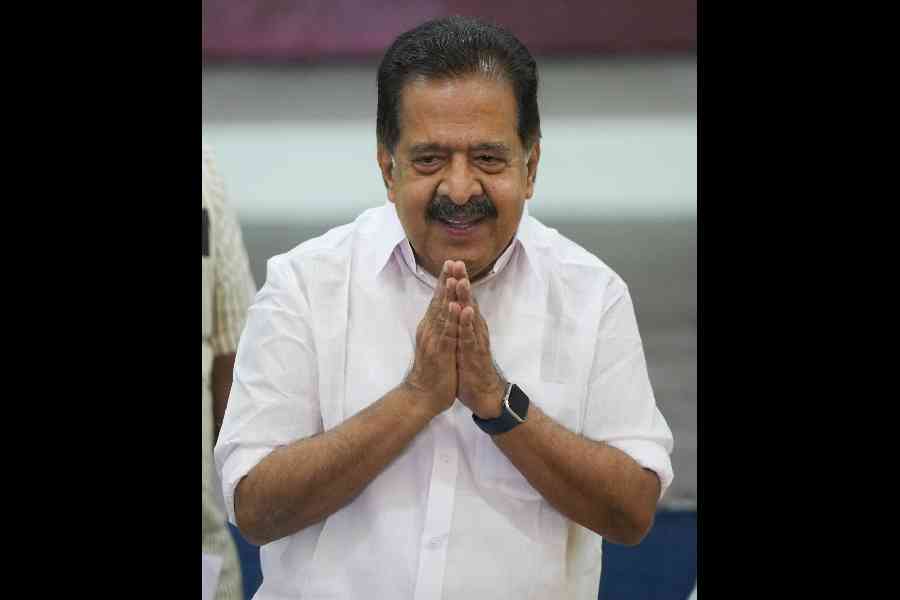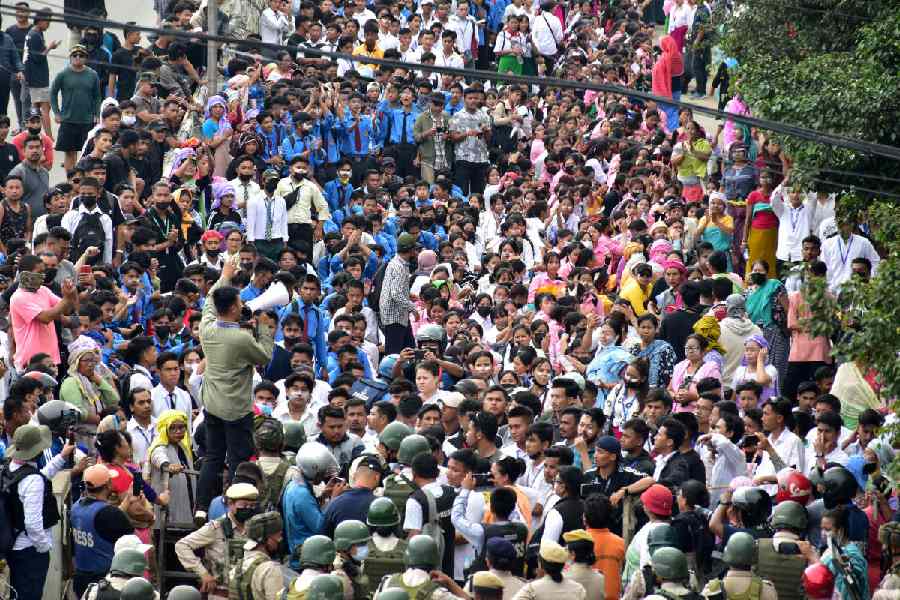Voters have decided that President-elect Joseph R. Biden Jr. should guide the country through the next four years. But on issues of war, the environment, criminal justice, trade, the economy and more, President Donald Trump and top administration officials are doing what they can to make changing direction more difficult.
Trump has spent the last two weeks hunkered down in the White House, raging about a “stolen” election and refusing to accept the reality of his loss. But in other ways he is acting as if he knows he will be departing soon, and showing none of the deference that Presidents traditionally give their successors in their final days in office.
During the past four years Trump has not spent much time thinking about policy, but he has shown a penchant for striking back at his adversaries. And with his encouragement, top officials are racing against the clock to withdraw troops from Afghanistan, secure oil drilling leases in Alaska, punish China, carry out executions and thwart any plans Biden might have to reestablish the Iran nuclear deal.
In some cases, like the executions and the oil leases, Trump’s government plans to act just days — or even hours — before Biden is inaugurated on January 20.
At a wide range of departments and agencies, Trump’s political appointees are going to extraordinary lengths to try to prevent Biden from rolling back the President’s legacy. They are filling vacancies on scientific panels, pushing to complete rules that weaken environmental standards, nominating judges and rushing their confirmations through the
Senate, and trying to eliminate healthcare regulations that have been in place for years.
In the latest instance, treasury secretary Steven Mnuchin declined to extend key emergency lending programmes that the Federal Reserve had been using to help keep credit flowing to businesses, state and local governments and other parts of the financial system. He also moved to claw back much of the money that supports them, hindering Biden’s ability to use the central bank’s vast powers to cushion the economic fallout from the virus.
Terry Sullivan, a professor of political science and the executive director of the White House Transition Project, a non-partisan group which has studied presidential transitions for decades, said Trump was not behaving like past Presidents who cared about how their final days in office shaped their legacy.
“They are upping tension in Iran, which could lead to a confrontation. The economy is tanking and they are not doing anything about unemployment benefits,” he said.
The President has continued to deny Biden briefings and access to agency officials — delays that the President-elect has said threatened to undermine the country’s response to the pandemic. And far from seeking to help Biden’s team, Trump has spent more than two weeks actively seeking to undermine the legitimacy of his victory.
Biden has vowed to move quickly to undo many of Trump’s domestic and foreign policies.
One Trump administration official, speaking on the condition of anonymity, said that in the coming days there would be more announcements made related in particular to China, with whom Trump advisers believe that Biden would try to improve relations.
Judd Deere, a White House spokesman, defended the administration’s actions, saying the President was elected because voters were “tired of the same old, business-as-usual politicians who always pledged to change Washington but never did”. Trump, he said, had rolled back regulations and brought accountability to agencies and “remains focussed on that important work”.
Some of Trump’s actions are all but permanent, like the nomination of judges with lifetime appointments or the naming of his supporters to government panels with terms that stretch beyond Biden’s likely time in office. Once done, there is little that the new President can do to reverse them.
But they are not the only nominees administration officials are trying to rush through.
Among the others are two nominees to the Federal Reserve Board of Governors who would serve until 2024 and 2030 respectively, a trio of possible members to the Federal Election Commission to serve six-year terms, as well as nominees to the Federal Communications Commission and the Federal Energy Regulatory Commission, who, if confirmed, would prevent Biden from installing majorities on those bodies until well into 2021.
Other actions may be possible to reverse, but are designed to exact a political price for doing so.
Since the election, Trump has ordered the withdrawal of thousands of troops from Afghanistan, where he aims to halve an already pared-down force of 4,500 by the time he leaves office, defying the advice of some top generals.
Biden’s vision for American troop deployments is not radically different: He has said that he supports only small numbers of combat forces, mainly tasked with fighting terrorist groups like al Qaida and the Islamic State. But Trump’s last-minute withdrawals could force Biden into an unwanted confrontation with Democrats in Congress if he decides he needs to return to the modest, pre-election status quo.
Analysts say Trump’s withdrawal of troops also deprives the US of any leverage in the ongoing peace process in Afghanistan between the Taliban and the Afghan government, potentially allowing the Taliban to make important military gains.
Trump officials are also working to impose new sanctions on Iran that may be difficult for Biden to reverse, out of a fear of opening himself up to charges that he is soft on one of the country’s most dangerous adversaries.
The sanctions could also undermine any move by Biden to return to the 2015 Iran nuclear deal, a step that would require providing Iran with economic breathing room after years of Trump’s constrictions.
Similarly, Trump officials continue to take punitive actions against China that are likely to further strain the tense relationship with Beijing that Biden will inherit. Last week, Trump issued an executive order barring Americans from investing in Chinese companies with ties to China’s military. Administration officials say more steps are in the works.
The Environmental Protection Agency is rushing to try to complete work on a new rule that will change the way the federal government counts costs and benefits, an adjustment that could make it harder for Biden to expand certain air or water pollution regulations.
At Health and Human Services, the agency moved just after Election Day to adopt a rule that would automatically suspend thousands of agency regulations if they are not individually confirmed to be “still needed” and “having appropriate impacts”.
The agency itself called the plan radical — realising it would tie the hands of the next administration.
Brian Harrison, the agency’s chief of staff, called it “the boldest and most significant regulatory reform effort ever undertaken by HHS”.
New York Times News Service










